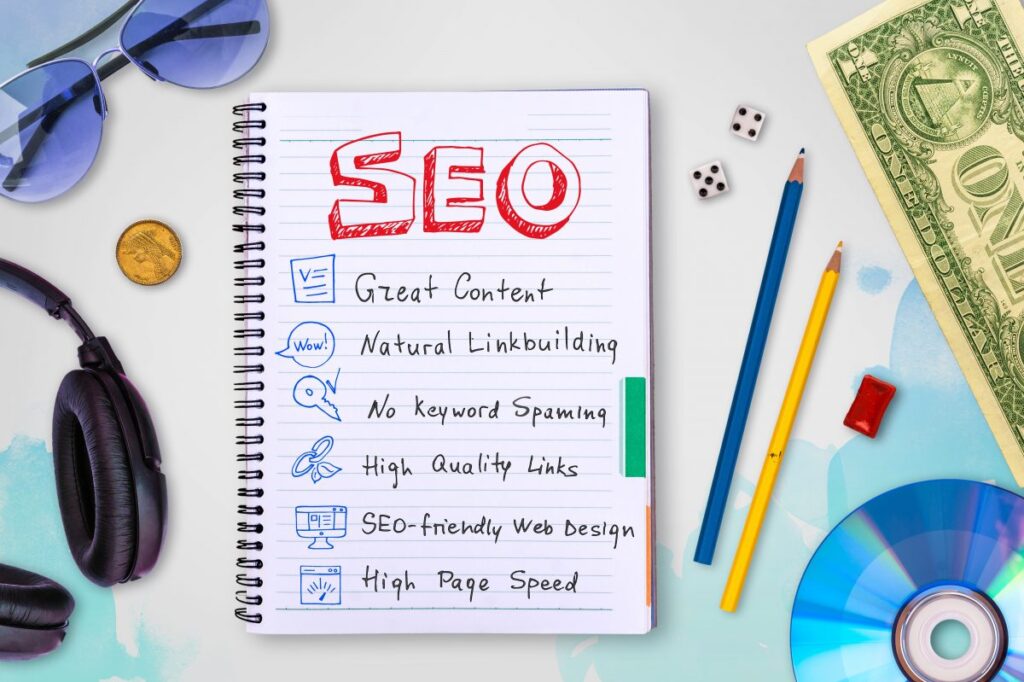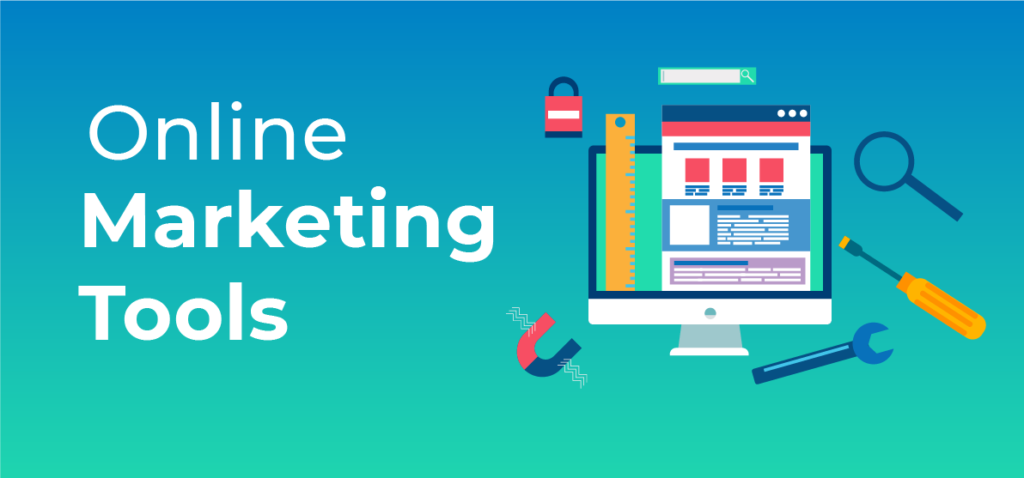Artificial intelligence is no longer a term that is only limited to data scientists or computer engineers. Its influence is now being felt across a wide range of industries.
Terms like AI marketing and AI-powered digital marketing have entered the industry lexicon. Deloitte’s State of AI in the Enterprise (5th edition) report states that 94% of business leaders think AI is important for their success over the next five years. Similarly, in a previous report, Deloitte provided a comprehensive view of the generative AI space, forecasting that it will double in size every year for the next ten years.
Now that AI has become such a crucial component of digital marketing, it’s imperative to understand how the technology will affect the marketing world. Here’s a peek at how AI is changing the future of digital marketing.
Impact of AI on the Future of Digital Marketing
AI is set to revolutionize several aspects of digital marketing, including customer service, ad campaigns, content creation, and data analysis. Let’s examine some of AI’s implications in this space.
Automated and Personalized Content Creation
AI is changing content creation in two main ways. One, it’s automating it. Two, it’s personalizing content to suit different customers’ preferences.
According to a recent report, the use of generative AI in content creation will be valued at $163.8 billion by 2033, a massive jump from $11.6 billion in 2023. The surge in value is indicative of the widespread adoption of AI in content creation.
Report on AI in content creation
Similarly, content personalization is also receiving a huge boost from AI. Instead of using a one-fits-all approach, marketers are now turning to providing personalized content to different customer segments.
Tweet about using personalization in content
AI tools allow marketers to analyze customer data and create personalized content based on their interests, behavior, and past interactions with the brand. In fact, a Segment report found that 90% of businesses use AI-driven personalization.
90% brands use AI-based personalization
How to Implement
Some ways to implement automated and personalized content creation include:
- Using generative AI tools such as Jasper, Copysmith, CopyAI, Midjourney, Synthesia, and Microsoft Designer for content creation.
- Personalizing emails, website content, and ads based on customer data.
- Using customer insights to provide personalized product recommendations
Rise of Conversational Marketing
Conversational marketing means using Natural Language Processing (NLP) to engage with customers in real-time. This includes chatbots, virtual assistants, messaging apps, and voice assistants.
A report by eMarketer forecasts that spending on chatbots will go to $72 billion by 2028, which is a six-fold increase from $12 billion in 2023. Moreover, 33.2% of adult shoppers in the US will use some sort of AI-backed banking chatbots by the end of 2024. Similarly, over 40% of marketers state that they will use chatbots and AI-driven customer support frequently in the next few years.
eMarketer report on marketers using customer engagement channels
It’s evident that chatbots will be an integral part of digital marketing in the near future. The same is true for virtual assistants, which companies are using to improve customer service, provide product recommendations, and personalize communication.
Conversational does a lot more than just driving likes and follows. It also builds genuine connections between brands and customers.
Tweet about using conversational marketing
For instance, Hubspot uses virtual assistants to manage social media and provide customer support. The Knot, a wedding planning website, uses them to manage customer inquiries.
How to Implement
The simplest way to implement conversational marketing is through chatbots. You can either make a basic chatbot yourself or use a third-party AI platform such as Manychat to build a chatbot.
Manychat home page
Hyperpersonalized AI-Assisted Ad Campaigns
Past are the days when all customers saw the same ad. Today, businesses can personalize their ads based on what the customers are looking for.
Google’s responsive search ads are an example of personalized ads. You can set 15 headlines and four descriptions for each ad. Google’s AI algorithm then tests different combinations based on the customers’ search queries and shows a different variant to each customer based on what they have searched for.
Tweet about Google’s responsive search ads
The future of advertising will include the involvement of AI in:
- Allocating advertising budgets
- Finding the right audience
- Optimizing campaigns
- Hyperpersonalizing ad messaging and targeting
- Predicting ad performance prior to campaign launch
- Generating optimized AI copy
How to Implement
Marketers can leverage AI-powered advertisements to reach the right customers at the right time. Google’s RSAs and AI tools like Phrasee and Persado can help businesses create high-performing ads.
Tweet about personalization with Persado
Automated Customer Support
Customer support is imperative to any marketing campaign’s success. It will be even more important in the future as customers become more wary of ads and demand more personalized and responsive communication.
According to Gartner’s predictions, 80% of customer support organizations will use generative AI to improve the customer experience by 2025. However, this doesn’t mean that AI alone will be in effect.
A model of ”AI-assisted human representatives” will be used. According to a recent IBM study, 63% of business executives have invested in AI to help support agents provide better customer service.
Tweet about AI for customer support automation
Going forward, customer support will not only be more automated but also more personalized. AI will help predict customer inquiries and understand their needs, which will allow for tailored responses.
How to Implement
IBM’s suggestions for implementing AI in customer service
IBM proposes a 3-pointer solution for business leaders to implement AI in their customer support practices.
- Empower human agents with AI.
- Learn more about customers with generative AI.
- Use what you learn from AI to improve customer service.
Multi-Faceted Approach to Marketing
AI is not merely changing marketing; it’s also bringing other technologies into this space. For example, the blend of AI and augmented reality (AR) or virtual reality (VR) is transforming the way consumers interact with brands. Google’s virtual try-on feature is a good example here.
Google’s virtual try on
In the future, more brands will use AI-powered AR and VR experiences to let consumers try out products before buying them. Generative AI will play its role by recommending customers products based on their preferences or past purchases.
It will also collect customer data for marketers to use later in other campaigns.
How to Implement
Follow in the footsteps of companies like Sephora and IKEA.
- Use AR/VR for product trials
- Implement generative AI to collect consumer data and hyperpersonalize their shopping experience
Conclusion
With AI in the picture, the future of digital marketing is bound to be exciting. But with excitement comes the need to stay on top of new trends.
Keep an eye on what your competitors and large companies are doing in terms of AI. Use their campaigns to inspire yours by incorporating AI technologies in every aspect, from content creation to customer support






